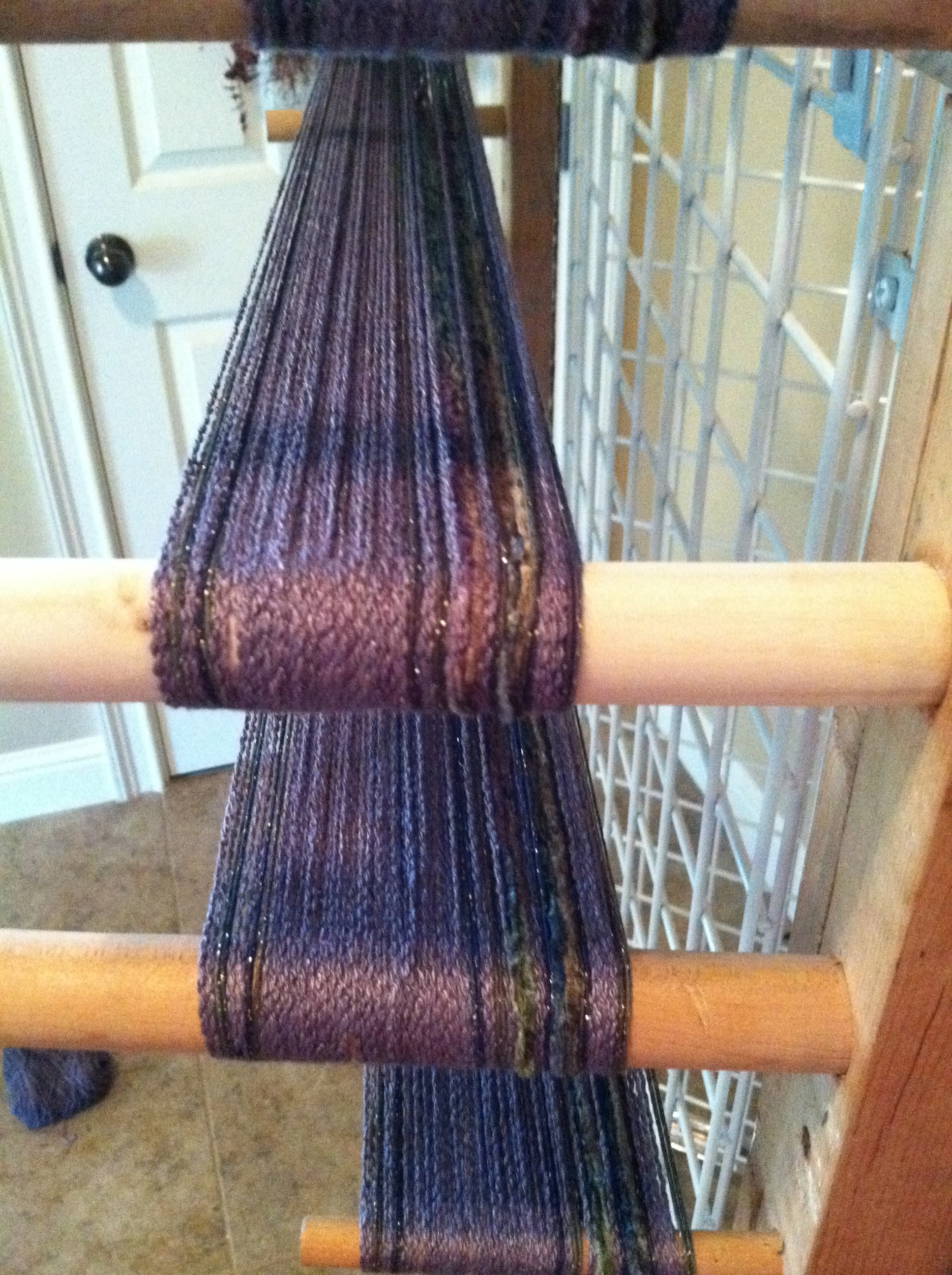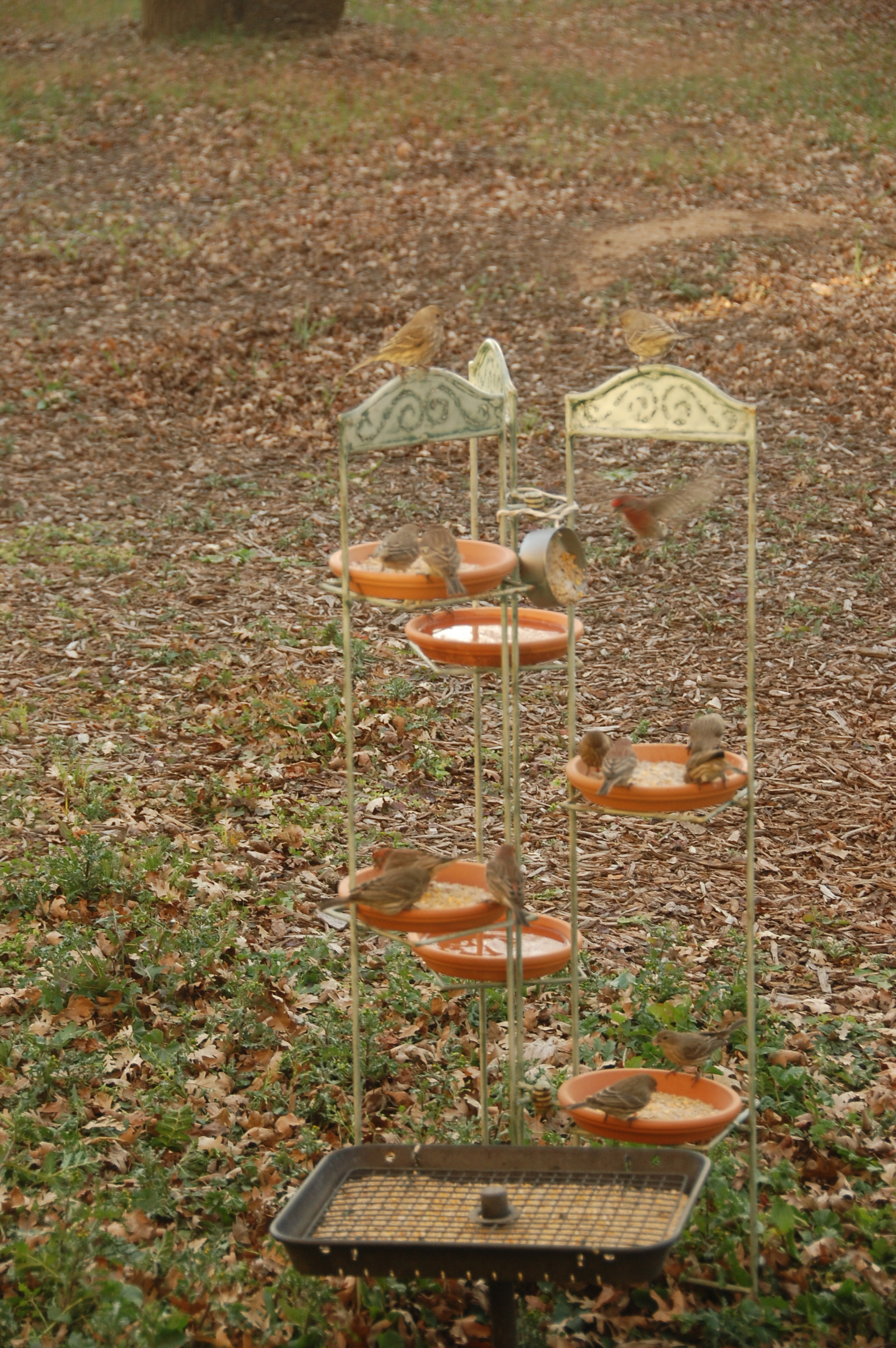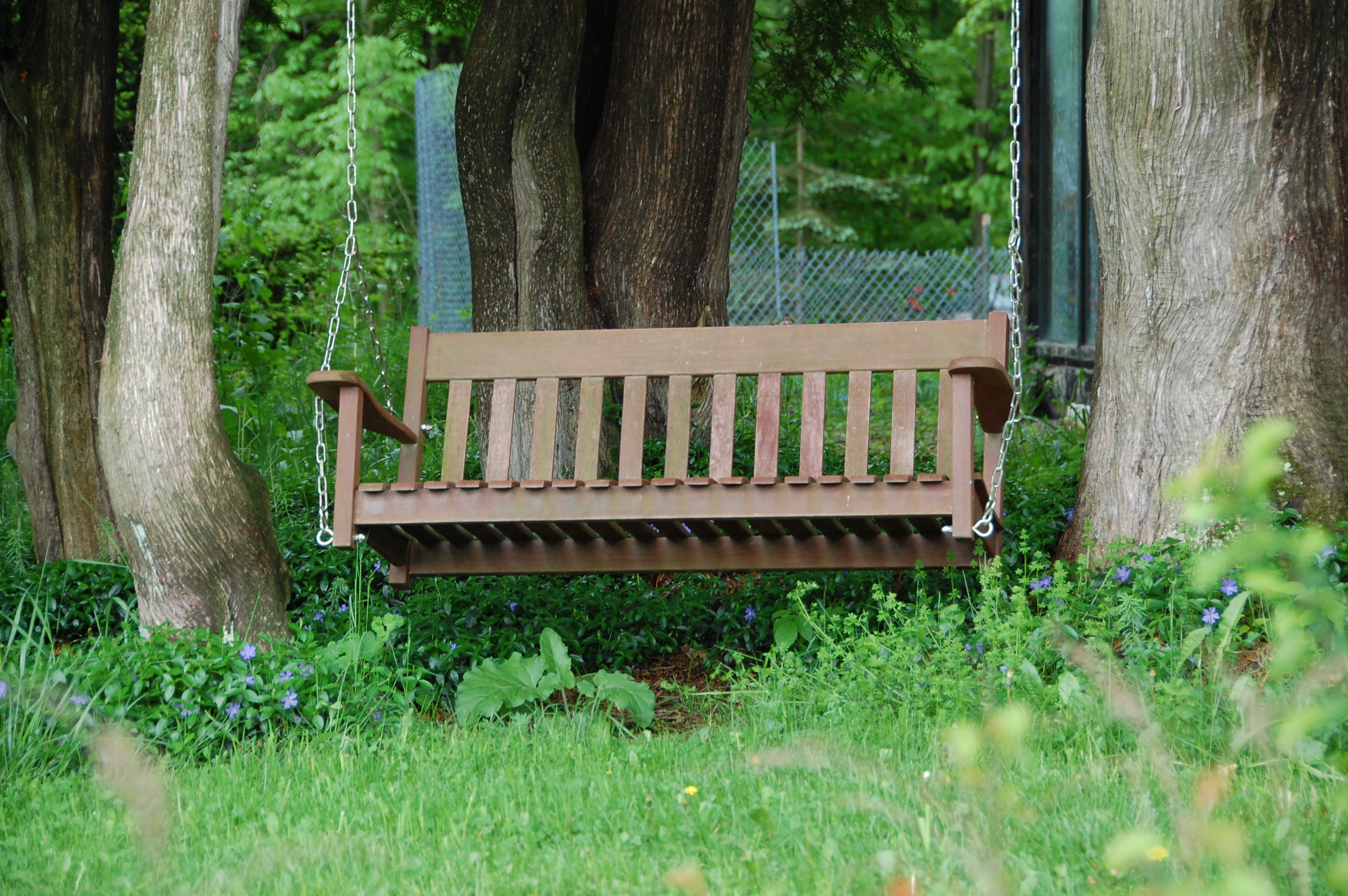 “We are living in a world today where lemonade is made from artificial flavors and furniture polish is made from real lemons.” – Alfred E. Newman
“We are living in a world today where lemonade is made from artificial flavors and furniture polish is made from real lemons.” – Alfred E. Newman
We are debating treatment in Myeloma, Stem Cell Transplant vs management. We are debating maintenance therapy or not. Politics, terrorism, all manner of things. It seems that it is simply what we do. In many respects I think its a good thing, to debate. It meats out truths and the opportunity to gain more knowledge, but sometimes it is also very exhausting.
So there is debate about eating “organic” fruits, veggies, eggs, dairy, meat. The latest view is to try to buy food closer to it’s source. Moving away from all the prepared foods that made the lives of harried parents easier starting somewhere around the time of the invention of TV with the TV Dinner. Originally intended as a once in awhile treat to be free of cooking, it has moved beyond that for too many.
Once we are impacted by cancer, if it wasn’t a big deal before, it can become a subject of more interest. How can I get rid of some of the habits I have had in my busy life and give my body less to overcome?
Here is a list of the “Dirty Dozen” for you to always try to buy both organically and locally. We can’t be completely free of pesticides and poisons, as they are in our air, water and soil. But you can most definitely minimize it. And they do taste better.
12 Most Contaminated
12 Least Contaminated
|
You can get a wallet sized print of this at Environmental Working Group and sign up (or not) for email newsletters. Or you can just use this .pdf directly and print it from your computer. DirtyDozen
You may have noticed, as I did, that many of these are thin-skinned items that we frequently eat unpeeled. A friend of mine whose very young husband contracted a rare deadly cancer, having been there during the Chernobyl crisis as a youngster, and who is doing very well now, is very sensitive to the foods they eat. She explained to me that if they can’t get it organic, like potatoes, then they peel it before cooking or eating. If they can’t do that or it has a pit, like Peaches, they will forego.
 So what about cleaning your fruits and veggies of contaminants on the outside? You can buy vegetable washes OR, better yet, you can simply make your own. Here is Veggie Wash link. (Complete with video!)
So what about cleaning your fruits and veggies of contaminants on the outside? You can buy vegetable washes OR, better yet, you can simply make your own. Here is Veggie Wash link. (Complete with video!)
Folks often complain that the organics spoil too quickly. Emmm, well that ought to tell you something, right? Anything with a long shelf life is suspect, of course depending on what it is. But when I once had a loaf of bread for a long time that didn’t mold in the pantry, I began to be suspect and never bought it again…
 Ok, so tips on that. You should shop more often and buy what you will eat and cook with for a few days, instead of stocking up on produce for long periods of time. There are a host of other things we can do, but most of us don’t have dehydrators or cold storage – not happening. In lieu of that, there is a cool new product on the market called BluApple. It is relatively inexpensive for what you get in return which is produce that lasts longer. And its easy and safe. (My personal favorite.)
Ok, so tips on that. You should shop more often and buy what you will eat and cook with for a few days, instead of stocking up on produce for long periods of time. There are a host of other things we can do, but most of us don’t have dehydrators or cold storage – not happening. In lieu of that, there is a cool new product on the market called BluApple. It is relatively inexpensive for what you get in return which is produce that lasts longer. And its easy and safe. (My personal favorite.)
Meats, eggs, milk. Well I try to buy meats not injected with antibiotics and steroids, and have for a number of years when I could find it. (Lordy, you guys surely don’t need anymore of either of those!) It is more expensive, although, now living in California, it is much easier for me to find easily and the price is more reasonable. It does indeed taste better.
Cage free, organic eggs are WAY MORE EXPENSIVE! But OMG! They have a completely different taste. I’m hoping to by a couple of egg layers for my backyard (legal now). Don’t tell Dave, its a surprise.
Milk. Well, I spent my summers on my grandparents dairy farm growing up. We drank our milk straight from the cow only having been strained through something akin to a Mr. Coffee, Coffee Filter! Kid you not. My grandparents lived into their 90’s in good health for the most part. So I am not at all adverse to drinking un-pastuerized/homogenized milk at all. In some states it is forbidden and you have to buy direct from a dairy, or on the black market, though this situation is improving. In California, we can buy it locally and it is delightfully good. But, again, very pricey and it will turn on you, so buy what you need. I don’t always indulge myself, but I would if I could.
Hope this helps you all get started on slowly incorporating some healthier choices without feeling overwhelmed by it all. When we lived back east, getting good stuff was hard without a long drive somewhere or going to the Amish Market on certain weekdays in another town nearby. I’m happy now that its all within walking distance from my home and at big chain grocery stores. I know that you don’t all have that where you live. But see what you can do to improve and expand your options to minimize exposure without killing your pocketbook.




















Thanks Hanna! Yeah, the vegetable wash (store bought) I have I soak my veggies in a dilution. You can spray it on and rub it around and rinse, which I suppose would be for say, one apple. But I like to clean it all before I put it away too, so if I soak in a clean sink and wash, then put away, we don’t have to worry about it.
Thanks for the green recipe for kitchen! I do too. I use Method laundry soap and try to use friendly chemicals around the house when cleaning. Somethings and sometimes, I need the stronger stuff, but the everyday stuff is fine with green cleaners!
I don’t let our pesticide guys do the inside of the house either. They do the outside perimeters only. I take care of the inside when needed myself. Again, trying to minimize Dave’s exposure to such things. We live in a valley in California and the Black Widows and such are rampant, so important we keep it under control. But I hate that we do.
Great post. It’s interesting but I have been using vinegar to wash my fruit and veggies for quite some time. I will try adding the lemon though.
In case anyone is wondering why it works, the acetic acid in vinegar kills bacteria and helps to dissolve the wax and pesticide residues found on the skins of many fruits and vegetables.
I usually soak the stuff for 3-5 minutes though. I don’t think a quick spray and wash is as effective really.
I also suggest you do that to ALL your stuff before storing. Otherwise you are just spreading it around to other food.
I am also a strong proponent of green cleaning and for the kitchen I use Mercola’s recipe.
http://articles.mercola.com/sites/articles/archive/2001/07/21/vinegar.aspx
Great tip Sarah! Thanks!
Lori: If if can’t be peeled, or cooked, I don’t give it to Bob……unless I can wash it thoroughly and put in the freezer until it almost freezes, as follows:
I wash strawberries and grapes in lukewarm salt water, rinse thoroughly, then put in the freezer until they almost freeze. Per one of his oncology nurses, the freezer helps to kill any bacteria. (The salt water wash is my own.)
He doesn’t get broccoli or cauliflower unless it’s cooked – steamed.
Great postings, today ….you’ve kept me busy, reading!
Sarah